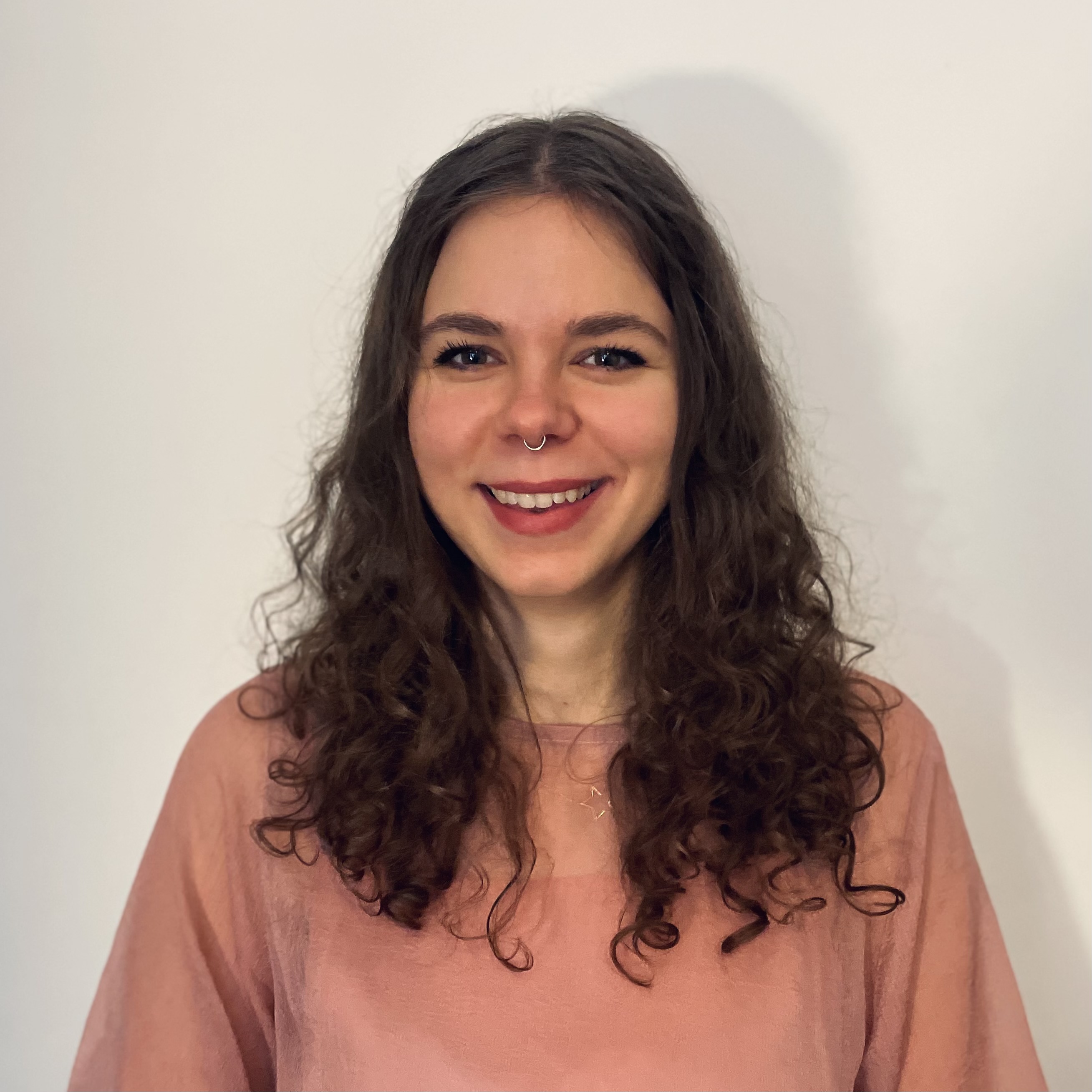Developing the State-Business Nexus: Public Procurement and Human Rights
Public procurement involves the purchase by the public sector of the goods and services it needs to carry out its functions; goods and services that range widely, from public infrastructure projects and the acquisition of complex weapon systems to the commissioning of essential public services in health and social care and the purchase of common manufactured or processed goods, from electronics to uniforms. It accounts for a significant proportion of the overall global economy and has a great potential to influence market behaviour. Governments are increasingly in the spotlight for involvement in human rights abuses via their supply chains, including the use of forced labour to produce the goods and provide the services they buy and contract through public procurement. This presentation explores public procurement from a business and human rights perspective, interrogating the role of the state as a buyer and public procurement as a key element of the state duty to protect human rights against corporate harm as established in the United Nations Guiding Principles on Business and Human Rights (UNGPs). It exposes the contradictions between the public procurement legal system and international human rights and reflects upon how current developments to combat trafficking in human beings and labour exploitation in public supply chains are eroding the legal and practical obstacles to make public procurement a tool for the protection and promotion of human rights.
Speaker

Olga Martin-Ortega is Professor of International Law at the School of Law, University of Greenwich, where she leads the Business, Human Rights and the Environment Research Group (BHRE, www.bhre.org). She has been researching business and human rights for two decades. She has also undertaken extensive research in the areas of post-conflict reconstruction, transitional justice, and international criminal law.
Prior to joining the University of Greenwich Olga was Senior Research Fellow and member of the Management Team of the Centre on Human Rights in Conflict at the University of East London. She has a PhD in International Law from the University of Jaen and a Law degree from the University of Sevilla (Spain).
Olga is a member of the Board of Trustees of Electronics Watch and the Corporate Justice Coalition (formerly CORE) and a member of the Board of Directors of the London Universities Purchasing Consortium. She is a member of the EU Marie Skłodowska-Curie network SAPIENS and co-coordinator of the International Learning Lab on Procurement and Human Rights. She is a founding member and acted as the first coordinator of the European Society of International Law Interest Group on Business and Human Rights. She is a founding member and member of the Advisory Board of the Business, Conflict and Human Rights network and the International Learning Lab on Procurement and Human Rights. Olga works with the Modern Slavery Prevention Unit of the UK Home Office, the Local Government Association, the Higher Education Procurement Academy and the OSCE training public sector buyers, producing professional guidance, and supporting them in their development of human rights due diligence in their supply chain and modern slavery reporting. She has advised the EU Parliament on mandatory human rights due diligence regulation and the ILO on Fair Labour Recruitment and Human Rights.
For more information check her profile at the University of Greenwich, Faculty of Liberal Arts and Sciences.
Discussants

Laura Treviño is a Phd candidate on sustainable public procurement and human rights at the University of Greenwich and works as an Early Stage Researcher for the Sapiens Network funded by the European Union’s Horizon 2020 research and innovation programme under the Marie Sklodowska Curie grant agreement.
Academically, Laura Treviño has a multidisciplinary background. She holds a Bachelor of laws (LLB) from Universidad Panamericana (Mexico), a one-year degree on international and comparative studies from Science Po (France), a specialization on human rights from Castilla-La Mancha University (Spain) and a MSc in Development Studies from the London School of Economics and Political Science (UK).
Professionally, she designed and managed the first Business and Human Rights Programme in Mexico’s National Human Rights Institution (NHRI). In the NHRI, she held positions as Director, Advisor and Researcher. Her work focused on capacity-building, awareness-raising, policy advice and field fact-finding on business-related abuses on human rights in public procurement, mining, construction, education, health, and energy industries. She has collaborated with several UN initiatives and agencies in Tanzania, The Netherlands, Cameroon, and Latin America.
She has been panelist in 40+ national, regional, and international fora on business and human rights, including the United Nations in Geneva. She has several publications on responsible business conduct, sustainable public procurement, and indigenous consultation.

Martina Trusgnach is a PhD student at the Business, Human Rights and the Environment Research Group at the University of Greenwich. Her research focuses on the relationship between public procurement and remediation for human rights violations in global supply chains. Her PhD involves a collaboration with the London Universities Purchasing Consortium (LUPC), where she works with the Responsible Procurement Lead on bidding evaluation, supplier engagement and guidance development. Alongside her PhD, she also supports Prof. Martin-Ortega on projects with governments and international organisations, including the ILO on Fair Labour Recruitment and Human Rights.
Martina holds a first class MA in Russian Studies and Politics and an LLM with distinction in Human Rights Law from the University of Edinburgh. Before starting her PhD, she worked with the Social Responsibility and Sustainability Department of the University of Edinburgh, researching the role of grievance mechanisms for human rights abuses in the context of higher education institutions, and for Together, Scottish Alliance for Children’s Rights, on human rights incorporation in Scotland.

